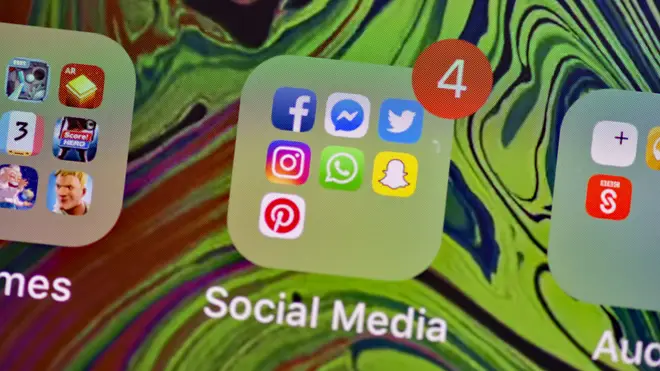
Tom Swarbrick 4pm - 6pm
22 June 2021, 07:14

Posts about political opponents on Facebook attracted more than twice as many angry face emojis than heart-related emojis garnered on positive posts.
Political social media posts are more likely to go viral if they criticise an opponent rather than support a colleague or a view from their side of politics, a study has suggested.
Researchers studied nearly three million tweets and Facebook posts from US media outlets and politicians and found those mocking rivals received twice as many shares as those backing a person or standpoint from their own side of the political divide.
The findings of the University of Cambridge study, published in journal Proceedings of the National Academy of Sciences, also show posts about political opponents on Facebook attracted more than twice as many angry face emojis than heart-related emojis garnered on positive posts.
Steve Rathje, a Gates Cambridge Scholar and author of the study, said: “Slamming the political opposition was the most powerful predictor of a post going viral out of all those we measured. This was the case for both Republican and Democrat-leaning media outlets and politicians on Facebook and Twitter.
“Social media keeps us engaged as much as possible to sell advertising. This business model has ended up rewarding politicians and media companies for producing divisive content in which they dunk on perceived enemies.
“Our study suggests that out-party hate is much better at capturing our attention online than in-party love. This may be feeding a dangerous political climate.”